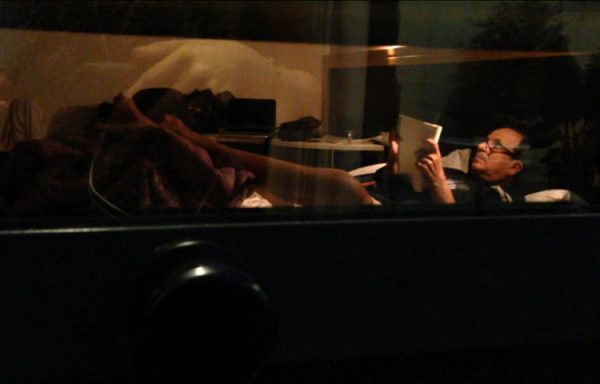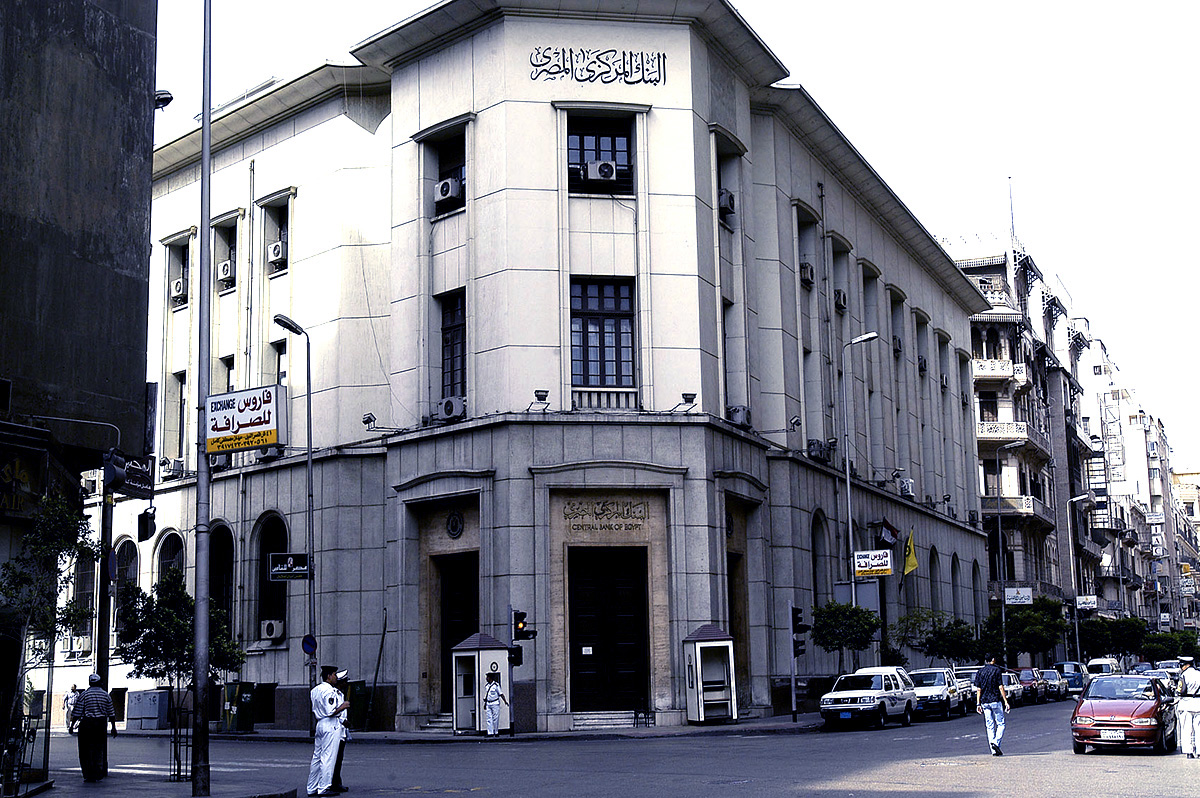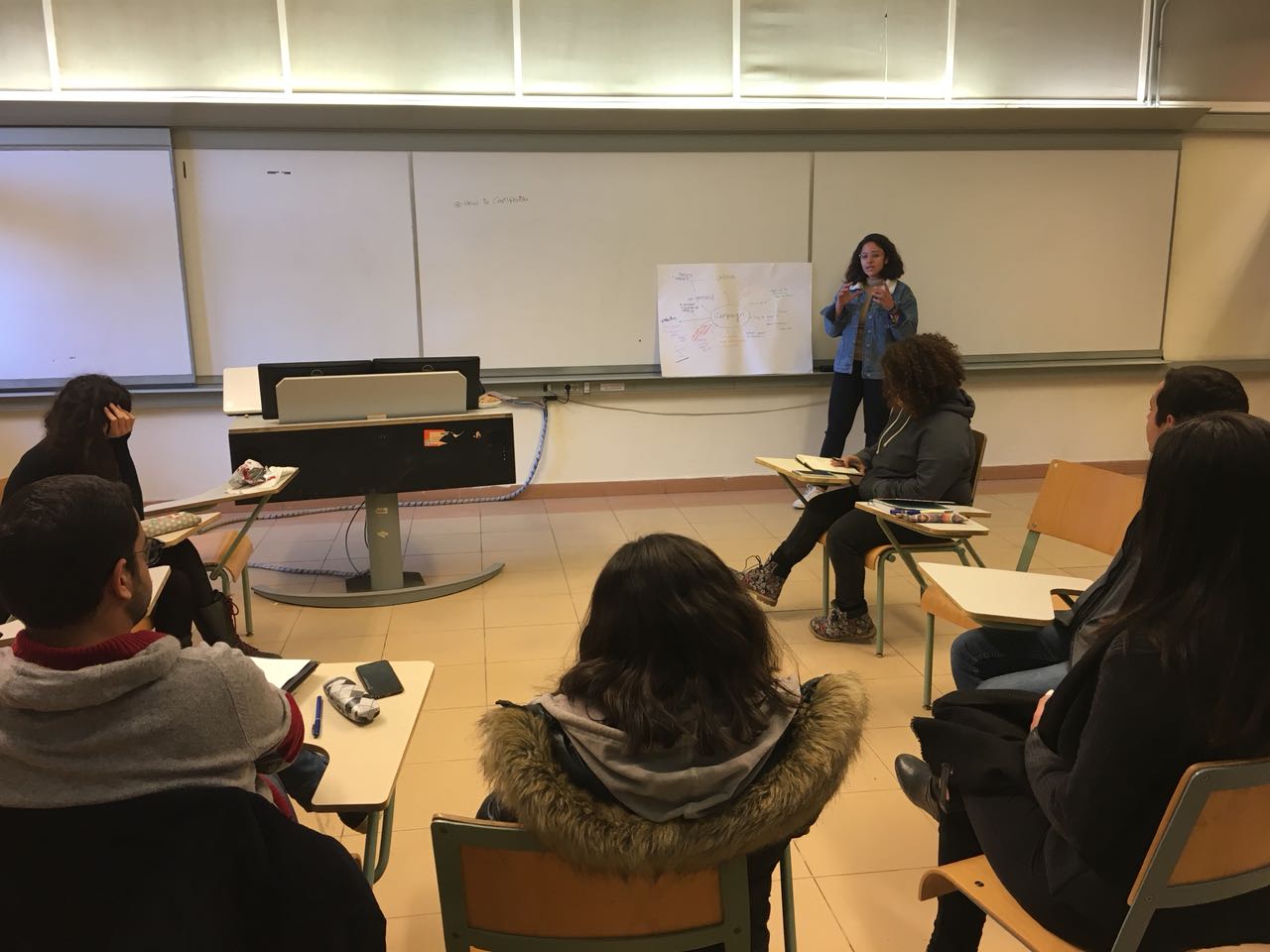Younis Reconciles the Past and the Present in Pursuit of Closure
By: Nadine Fahmy
Follow @nadinefahmyy
Kawthar Younis’s debut film, A Present from the Past, can only be described as raw: raw filming, using a hidden iPhone, a laptop camera and at times a handy-cam; a raw portrayal of a relationship between father and daughter and raw nostalgia and love that only make the most painful moments all the more potent.
The film was screened on its two-year anniversary on September 20 in Zamalek Cinema, and was accompanied by an official DVD launch.
A Present from the Past is a 2015 documentary film that becomes more than the sum of its parts.
It is a film which revolves around cinema professor Mokhtar Younis, who is unaware that he is the protagonist of this cinematic endeavor.
His buried hope is brought to the surface when his daughter, Kawthar, surprises him with tickets to Italy, where he can search for and reconcile with his ex-wife, Patrizia, whom he had left 33 years ago.
The film opens with candid shots of Mokhtar in the car with Kawthar, singing along to the likes of AbdelHalim Hafez.
This is one of many scenes where Mokhtar belts out his favorite songs with emotion so strong, one would think he had written them himself.
It then takes us through the process of his preparation prior to travelling, including last-minute fears, where he feels mentally or physically unfit to take on the journey.
Mokhtar’s second wife was also shown giving her blessing for the trip Kawthar and her father embark on to find Patrizia.
I wondered: how can a wife of over 20 years be so accepting of a journey that may find the father rekindling an old flame?
When watching the film, however, it becomes increasingly clear that this story is not about Patrizia.
This is what the wife understood before any of us were able to. This is about Mokhtar.
What he refers to at some point in a quite humorous scene as a “national duty” – his reconciliation with Patrizia – is simply closure.
While closure at times is not what we picture it to be, for Mokhtar, closure with Patrizia meant closure with himself.
We see glimpses of Mokhtar in the past throughout the film: a picture of him with a moustache, a description of his adventures in Italy. The Mokhtar in the past becomes a character of his own. And what we get to see in the film is this reconciliation of the past and present selves.
We get to see Mokhtar at his most vulnerable moments: on the bus, eyes focused at the window, unseeing, it seems, tears welling up in his eyes.
These scenes are the defining moments of the film. They stand out and bring viewers to tears because not only are they raw and honest, but they are also familiar.
It is all too familiar to feel something coming to an end.
And it is all too familiar to feel pain upon being confronted with our past selves, ashamed of his doings, heartbroken because of them.
Mokhtar’s character is not a simple one; he is funny at times, charming always, passionate and imaginative, yet paradoxical.
This complexity is the source of his relatability; it is how, in the simplest moments, we see in him a reflection of ourselves, because his unfiltered emotions are all too real.
As he walks alone in Italy, and Kawthar films him as he holds up a video camera, filming a young girl dancing, with a look of utter inspiration and happiness on his face, we feel as though we’ve seen Mokhtar along a spectrum.
He is not only at his most vulnerable, but also at his strongest, where he embraces life, taking photos, singing, appreciating the beautiful views of Italy.
The journey that Kawthar and Mokhtar take on together is not a simple one, it was not devoid of hardship, but it was filled with love: the love they both have for each other, we feel first-hand the love Mokhtar has kept buried inside until the opportunity finally came for him to let go, and the love they encountered from strangers along the road.




